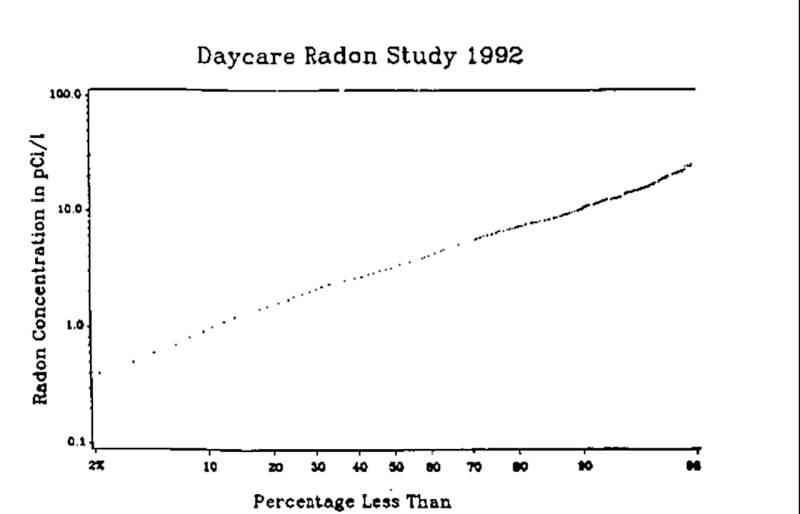In the heart of the American Midwest, South Dakota faces a pressing issue affecting families across the state: the struggle to find and afford quality childcare. According to a recent report by the South Dakota Childcare Task Force, bolstered by research from the Hunt Institute, more than seventy percent of young children in South Dakota have all parents working, making the need for reliable childcare imminent.
Senator Tim Reed
The costs are daunting. Childcare for a toddler can run as high as $260 per week, placing a significant financial burden on families. The rising cost of childcare has become a hot-button issue in the state legislature, with Republican Senator Tim Reed advocating for an increase in wages for childcare workers. Senator Reed, known for his commitment to community service from his time as Mayor of Brookings, believes that better pay can help centers open up existing rooms, alleviating the bottleneck in the childcare supply.
“We need to be able to increase what we’re paying at the childcare assistance level,” Reed affirms, emphasizing the domino effect of higher wages enabling facilities to utilize untapped resources.
Janessa Bixel
One innovative solution under exploration is the concept of braided funding. As explained by Janessa Bixel, executive director of the South Dakota Association for the Education of Young Children, this tri-share model involves parents, employers, and another funding source collaboratively covering childcare costs. “What’s really unique about the program in Rapid City is that it’s coming from philanthropic funds,” Bixel notes, highlighting the role of the Black Hills Area Community Foundation in this initiative.
In Rapid City, the foundation is actively funding a portion of a childcare program, exemplifying community-driven solutions to statewide challenges. Additionally, in Madison, tax increment financing (TIF) is facilitating the launch of a new childcare center, demonstrating how local initiatives can provide substantial support.
Budget considerations, however, remain a significant hurdle. The lack of affordable childcare costs South Dakota an estimated $329 million annually. Senator Reed acknowledges the challenge that budget cuts pose but remains optimistic about exploring diverse funding avenues. “We’re going to have to work on that, you know, and promote how important this is. We just have to talk through all of the possibilities of where we can fund this,” states Reed.
A pivotal player in these efforts is the John T. Vucurevich Foundation (JTVF), which has made substantial contributions toward affordable childcare and preschool education in South Dakota. In 2023 alone, JTVF awarded $1.5 million in grants to support organizations aiding families and individuals with educational, childcare, or safety needs. In a notable initiative, the YMCA of Rapid City received a two-year $700,000 grant to bolster its Jump Start Program, focusing on early learning for low-income families.
JTVF’s Child Care Innovation Fund is breaking new ground by piloting programs that distribute childcare costs across businesses, philanthropy, and employees. The foundation also dispensed $587,000 in September 2024 to projects like the United Way of the Black Hills’ Black Hills Reads Program, reinforcing its commitment to early childhood education.
In collaboration with several organizations, including Early Learner South Dakota and the South Dakota Childcare Task Force, JTVF remains a cornerstone of efforts to enhance high-quality early learning opportunities. Their strategy prioritizes stabilizing existing early learning providers while expanding access to quality programs for low-income families.
Senator Reed, an alumnus of South Dakota State University with a Bachelor’s in Computer Science and Economics, is passionate about addressing this challenge. “Affordable childcare is an economic issue that affects everyone in South Dakota,” he asserts, advocating for increased wages and a diversified approach to fund childcare initiatives.
The collective endeavors of state leaders, philanthropists, and community organizations highlight a shared commitment to overcoming the childcare crisis in South Dakota. With visionary leadership and community support, there is potential for significant progress, paving the way to ensuring every South Dakota child has access to quality care.
